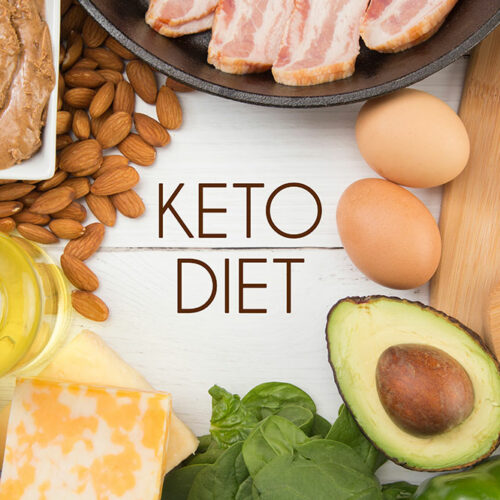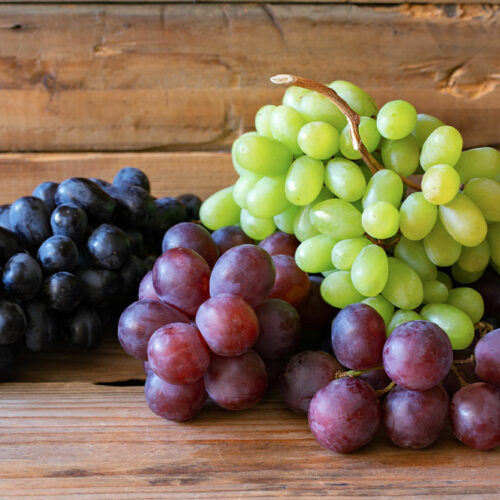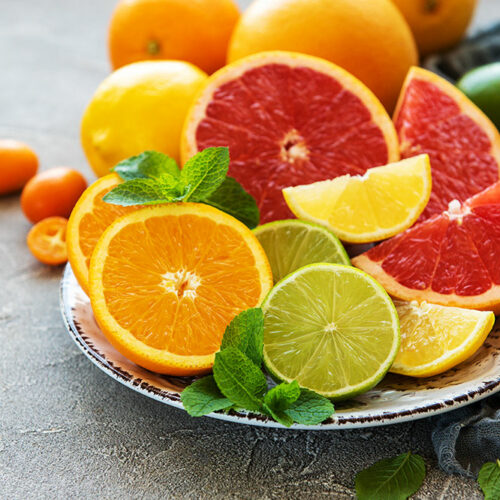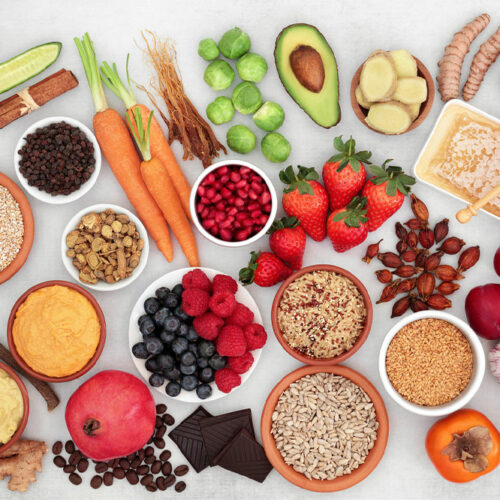6 beginner keto mistakes to avoid

Planning daily meals is a hands-on task, especially when cooking from scratch. But, this task is even more time-consuming when following a strict food regime like keto. Starting a keto-based habit for the first time is challenging as certain foods need to be omitted and substituted to achieve ketosis. So, here is a list of beginner mistakes to avoid to plan an effective keto meal plan strategy in the long run. 6 beginner keto mistakes to avoid Not portioning meals properly Since a lot of foods in the new regime get substituted, it is necessary to weight, measure, prep, and portion out everything to ensure nutrition levels are met. Also, once the body gets used to the process of ketosis, it becomes even more crucial to follow a strict calorie count. Nutritionists recommend prepping and storing most days meals in advance so that less time is lost in cooking. Keto meal delivery services tend to portion meals out as per individual requirement and can be of use in these cases. Not working out Simply including low-carb and low-calorie foods is not enough for loss of body mass. It is easy to quickly shed off water weight but post that, only physical activity can help the body burn existing fat quicker.






